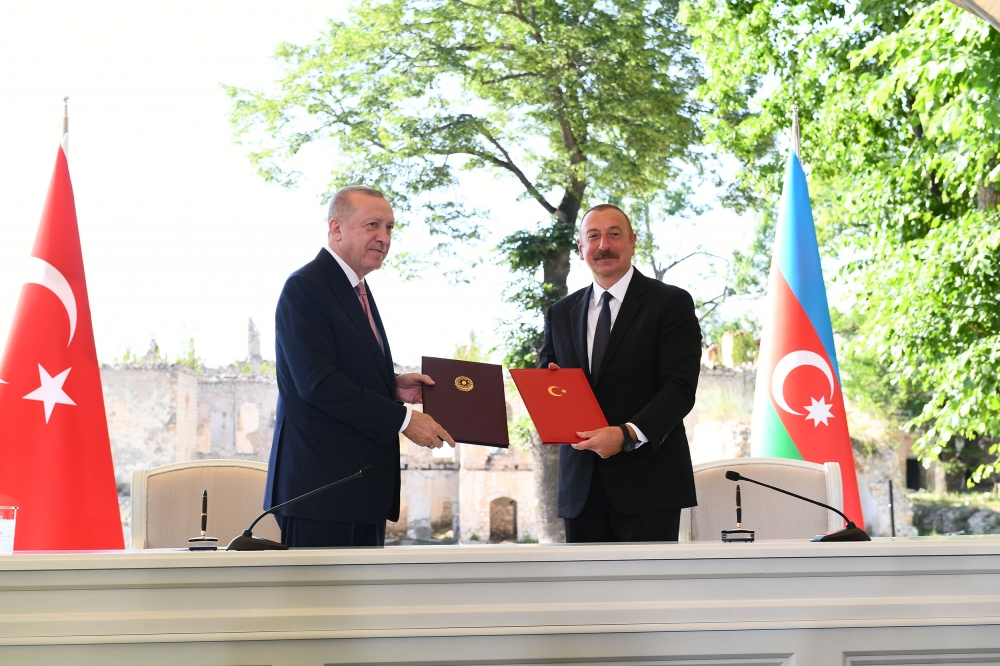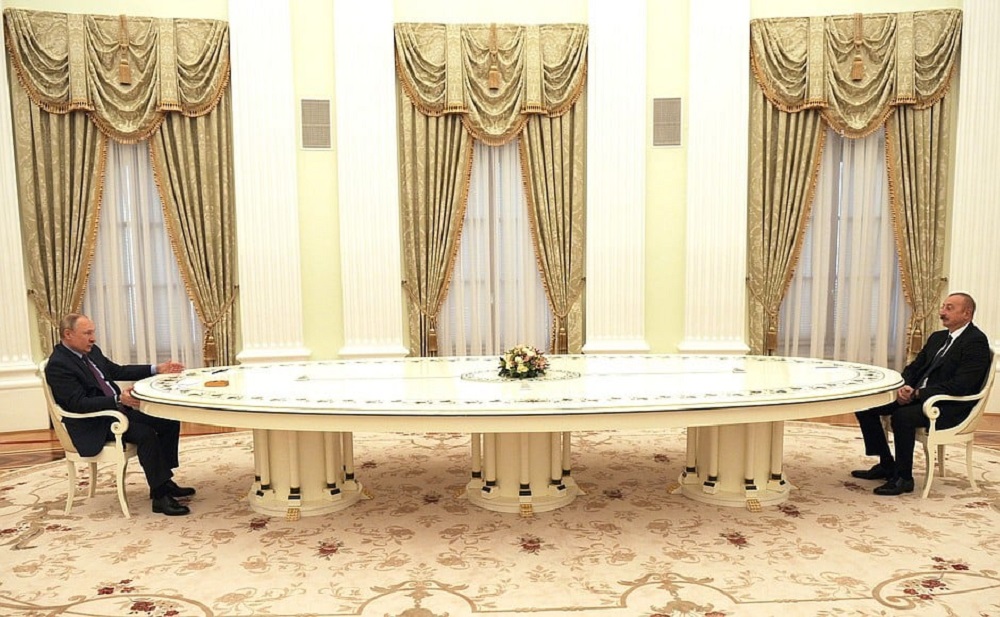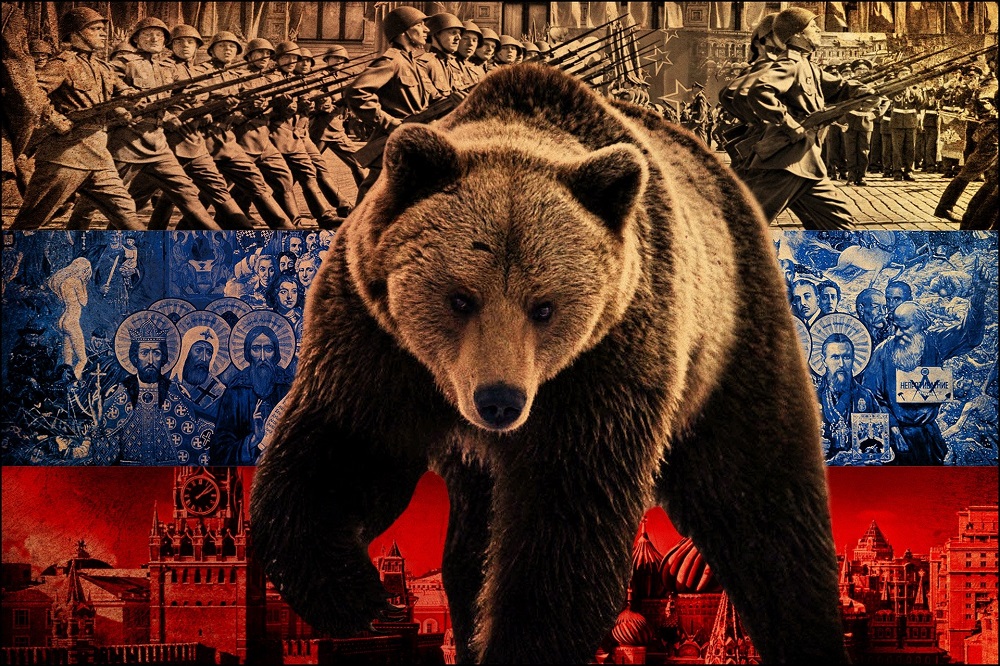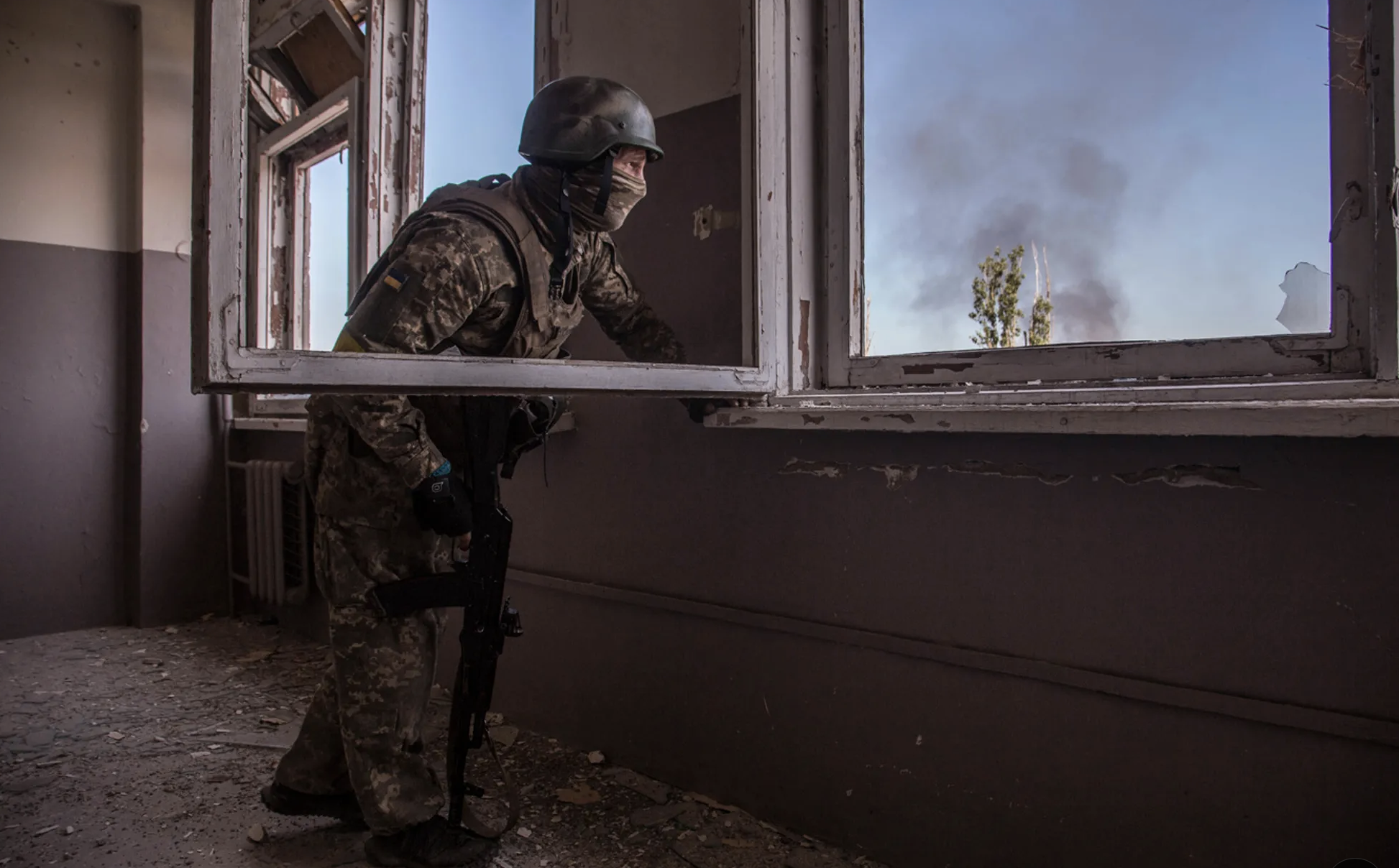Op-ed: "Azerbaijan understands pros and cons of alliance with Turkey or Russia"
Former Azerbaijani FM discussed similarities and differences of Shusha and Moscow declarations
On the first anniversary of the declaration signed between Azerbaijan and Turkey in Shusha, the ex-head of the Azerbaijani Foreign Ministry Tofig Zulfugarov noted the similarity of this document with the allied declaration between Baku and Moscow. According to him, the Moscow Declaration is, in fact, a reprint of the Shusha declaration. But at the same time, everyone in Azerbaijan understands the difference between these documents, he stressed.
- Opinion from Baku: it’s not up to Karabakh Armenians to decide whether to become part of Russia
- Op-ed: Сan Moscow lose its influence on Armenia and Azerbaijan amid Ukraine war?
- Opinion from Azerbaijan: how isolation of Russia affects the settlement of the Karabakh conflict
Today, exactly one year has passed since the signing of the Shusha Declaration of Azerbaijani and Turkish military alliance. From now on, any attack by a third country on the territory of one of these states implies a real military intervention by an allied country.
But in February 2022, Azerbaijan signed another declaration of allied cooperation – this time with Russia. This happened two days before the invasion of Russian armed forces into Ukraine.
According to the former Minister of Foreign Affairs of Azerbaijan, Tofik Zulfugarov, these two declarations provide Baku with a neutrality similar to Turkey’s position during the Second World War.
The ex-Foreign Minister of Azerbaijan also analyzed the current situation in Ukraine.
“Russia has already lost this war”
According to Tofig Zulfugarov, politically Russia has already lost this war.
“The war with Ukraine caused Russia a lot of damage politically and economically. I’m not even talking about human losses and losses of military equipment”, he said.
But the former head of the Azerbaijani Foreign Ministry finds it difficult to talk about the military victories of either Russia or Ukraine in the context of some kind of balance:
“Ukraine has won in terms of politics, but it is losing militarily on the ground for objective reasons.
Such a terrifying intensity of hostilities in terms of casualties will lead to the fact that at some stage the opposing forces will exhaust their possibilities: Russia – for a further offensive, and Ukraine, unfortunately, will not be able to go on the counteroffensive.
“This is a situation that we had in 1994”
The diplomat emphasizes that soon a situation will arise in Ukraine, “which we had in 1994”.
Drawing parallels with the moment of the ceasefire at the end of the first Karabakh war, Zulfugarov stated:
“Of course, we wanted a ceasefire, because we had a very difficult military situation, there was little ammunition, there were fierce battles in April just before the conclusion of the truce.
Let’s remember what the Armenian side and its intermediary, Russia, demanded then? For the so-called Karabakh to be recognized as a party and a signatory to any agreement. That is, a political freak called Karabakh was supposed to appear.
A very effective diplomatic action was then taken when we reached a ceasefire not by signing an agreement, but by sending a fax to the mediator.
The Azerbaijani Ministry of Defense sent a fax to Moscow, the Armenian Ministry of Defense too. And those who call themselves “Karabakh” made a similar move.
That is, we did not have such a thing as a ceasefire agreement, we had an oral agreement. There is not a single paper on which there would be signatures.
Why did I hit these memories? Because today the moment is coming when the parties in the Russian-Ukrainian war will be ready to agree to a truce.
Both sides will want to receive some dividends, shove some “DPR”, “LPR” into it as signatories, at least there may be a preliminary agreement to consider the status of these same “LPR” and “DPR”.
By the way, a neoplasm may also appear in Kherson, which, from an ethical point of view, I will not even dare to voice in an abbreviation. This is the situation, and this is a real problem. Again, we’ll wait and see. But I get the feeling that both sides are at the limit of their military capabilities.
“We understand the difference in alliance with Turkey and Russia”
The ex-foreign minister raised the issue of Azerbaijan’s security structure from the prism of two allied agreements – with Ankara and Moscow.
“There are turbulent processes around us – this is Ukraine, we see crises of the West with China, certain tensions continue in the West with Iran, and so on.
In this case, I think that the parameters of our security structure can best be characterized by two declarations – “Shusha” and “Moskovskaya”.
For all that, we understand this difference in the so-called “alliance”, and “difference” is putting it mildly. But to some extent, these two documents form a certain framework on which the neutral position of Azerbaijan is based.
I think this neutral position is somewhat reminiscent of Turkey’s neutrality in World War II. I think that we have chosen a model of behavior and policy that is very correct to ensure the point of view of the interests of the people of Azerbaijan”, he said.
“The Moscow Declaration is essentially a reissue of Shusha Declaration”
“The Moscow Declaration is essentially a reissue of the Shusha Declaration. Let me explain why: in fact, an incredible thing happened for the post-Soviet countries – a NATO member – Turkey officially declared itself the guarantor of Azerbaijan’s security. And the Moscow Declaration confirmed this fact.
And therefore, this process, which we are talking about, is predetermined, that is, transformation and domination. But this does not mean that Azerbaijan will become a hostile state for Russia. It’s just that the process will move from the policy of military domination to the sphere of economic and humanitarian cooperation, that is, purely good neighborly relations will develop.
And the understanding that Azerbaijan will never become a springboard for threats against Russia is recorded in the Moscow Declaration. Therefore, such a balance is optimal, and the policy in this direction will be continued,” Zulfugarov added.






















